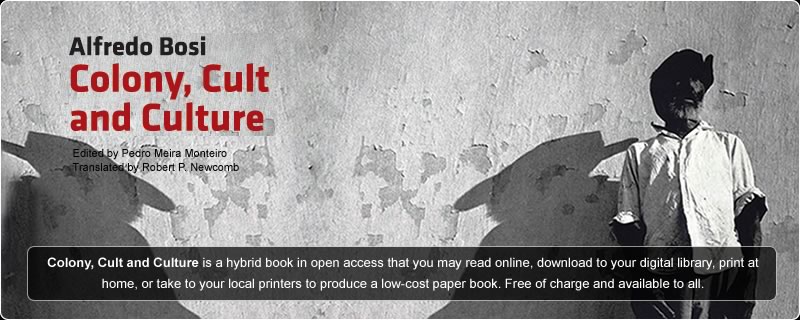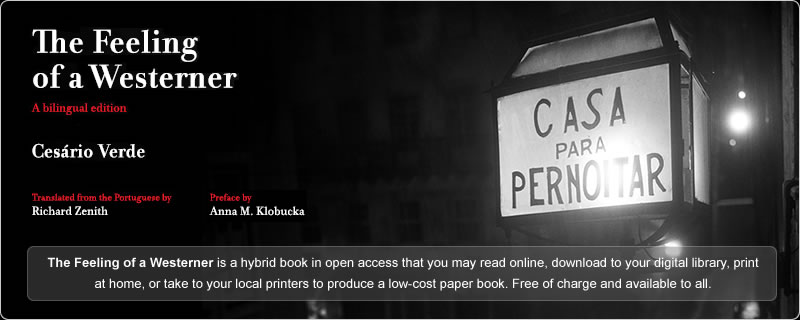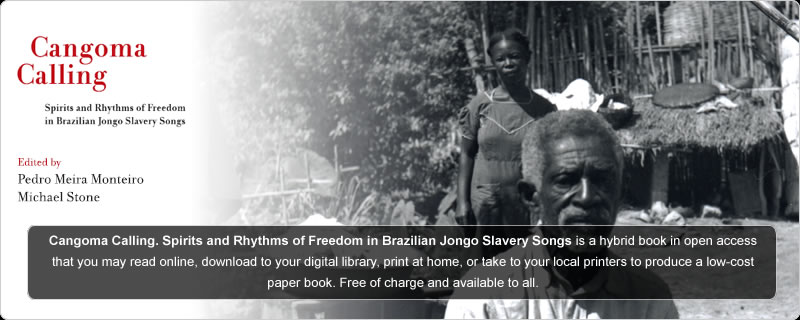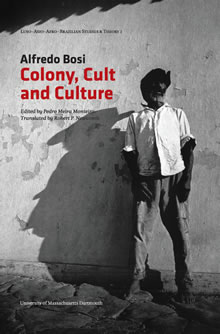laabst 1
Colony, Cult and Culture
Alfredo Bosi
Edited by Pedro Meira Monteiro, Princeton University
Translated by Robert P. Newcomb, University of California Davis
Colony, Cult and Culture is an extraordinary reflection on the process of colonization, on the meanings of domination, of cultural resistance and negotiation in colonial and postcolonial societies. Departing from the roots of the word "colony," Alfredo Bosi investigates how cultural phenomena develop on a complex space that is neither purely erudite nor simply popular, and how a whole culture is to be found "beyond the pale of writing." "Culture" and "cult" are the forces that point to the future and to the past, conditioning the agency of those who struggle among the remains of colonial power. Through its theoretical depth and its moral and political engagement, this book welcomely brings fresh air to the discussions on postcolonialism and popular culture, making available for the English-speaking reader a fundamental essay of Latin American imagination.
Praise for Colony, Cult and Culture
-
Arcadio Diaz Quiñones
Alfredo Bosi has with wisdom and delicacy written essays and books on poets, poetry, and Brazilian culture. This translation will allow new readers, at long last, to admire one of his unusually perceptive essays, which helps focus critical and historical attention on Brazil and Latin America's complex and vulnerable colonial legacies. This volume does Bosi the finest kind of critical justice: it makes his work available to a larger audience, and it offers a portrait of a brilliant and inspiring critic. -
Celso Furtado
This is a mature and surprisingly innovative reflection on the formation of the people and institutions of Brazil. Bosi's descriptive mapping of what occurred in Brazil during the colonial period is unprecedented in our historiography in terms of its breadth and perceptiveness.
-
Candace Slater
Full of meditations that grow out of concrete and vivid examples, such as a 'hillbilly' prayer or the African-Brazilian dance called 'calundu,' Bosi's writing allows his readers to see and hear the lived experience behind his theories. In so doing, the book encourages them to look again at much-used terms such as 'popular,' 'hybrid,' and 'resistance' in the light of a Brazil that will strike many English-speaking readers as at once unique and, at times, surprisingly familiar.
-
Roberto Schwarz
Putting aside any differences of opinion, it is a pleasure to know that this book will cause lively debates in the classroom. The questions it raises reflect an interweaving of literary criticism, historical research, and moral and political engagement that is new and that contributes to the uniqueness of the work. -
João Cezar de Castro Rocha
An English translation of Alfredo Bosi's poignant and indispensable reflections on the 'dialectic of colonization' is long overdue. Bosi's erudite and sharp essay will bring about nothing less than the reshaping of contemporary theories on postcolonialism, which have been almost exclusively grounded in the Anglo-American historical experience. -
Antonio Candido
Alfredo Bosi is not only a great critic, but can be considered a complete critic. From his first works, his grounding in philosophy, the originality of his points of view, and the clarity and perfection of his writing stand out.






